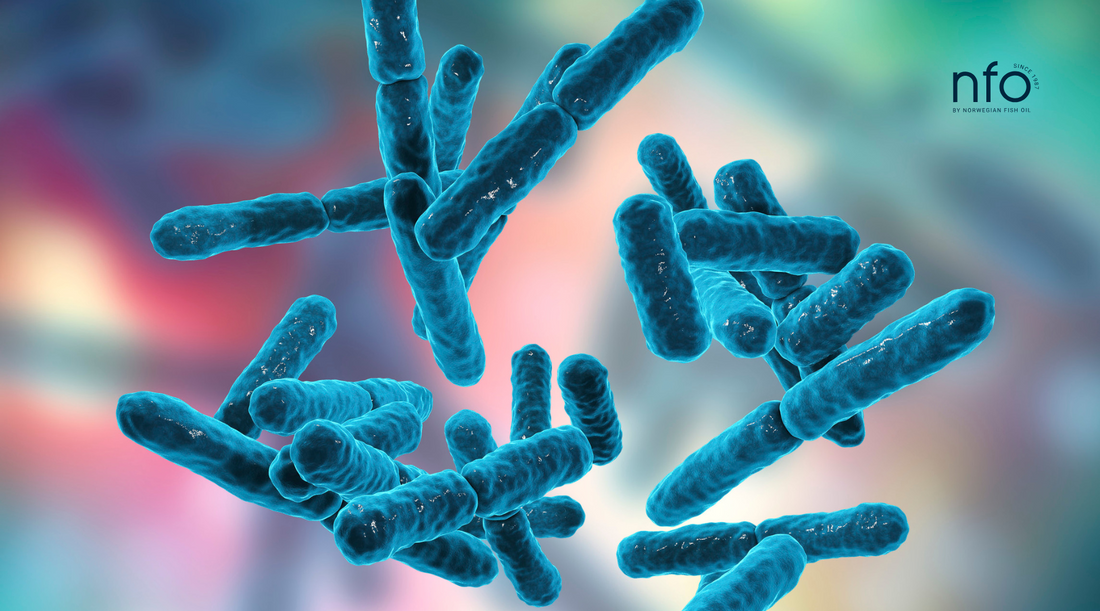
Gut health has become an essential topic in modern nutritional science. While many people are familiar with probiotics and prebiotics, postbiotics are emerging as another crucial component for maintaining gut health. But what are postbiotics, and how do they fit into the picture?
Understanding Prebiotics and Probiotics
Prebiotics are non-digestible food components that serve as food for beneficial gut bacteria. They are typically found in fiber-rich foods such as bananas, onions, garlic, and whole grains.
Probiotics, on the other hand, are live beneficial bacteria that contribute to gut health. They are present in fermented foods such as yogurt, kefir, and kimchi.
What Are Postbiotics?
Postbiotics are the metabolic byproducts of probiotics. They include short-chain fatty acids (SCFAs), peptides, and other compounds that have direct health benefits. Unlike probiotics, postbiotics do not contain live bacteria, which makes them more stable and easier to include in supplements and food products.
Benefits of Postbiotics
Several studies suggest that postbiotics play a role in improving gut health, reducing inflammation, and supporting immune function. Other potential benefits include:
- Enhancing the gut barrier function
- Regulating immune responses
- Reducing digestive discomfort
Sources of Postbiotics
Postbiotics can be obtained naturally through the fermentation of fiber-rich foods or through dietary supplements. Fermented foods such as miso, sauerkraut, and tempeh are excellent sources.
Future of Postbiotics
As research continues, postbiotics may become a staple in functional foods and medical nutrition therapy. Their stability and health benefits make them promising candidates for future applications in gut health and beyond.
References
- Gibson, G. R., et al. (2017). The concept of prebiotics. Nutrition Research, 39, 1-18.
- Ouwehand, A. C., et al. (2018). Probiotics: An overview of beneficial effects. Microbial Ecology, 76(2), 226-238.
- Salminen, S., et al. (2021). Postbiotics—A new horizon in microbiome science. Nature Reviews Gastroenterology & Hepatology, 18, 681-695.
- Shimizu, K. (2022). Postbiotic metabolites: Key regulators of gut health. International Journal of Molecular Sciences, 23(5), 4634.
- Miyazaki, K., et al. (2023). Role of postbiotics in digestive health. Nutrients, 15(6), 899.
- Takahashi, H., et al. (2024). Postbiotic applications in functional foods. Gut Microbes, 16(1), 2395092.

